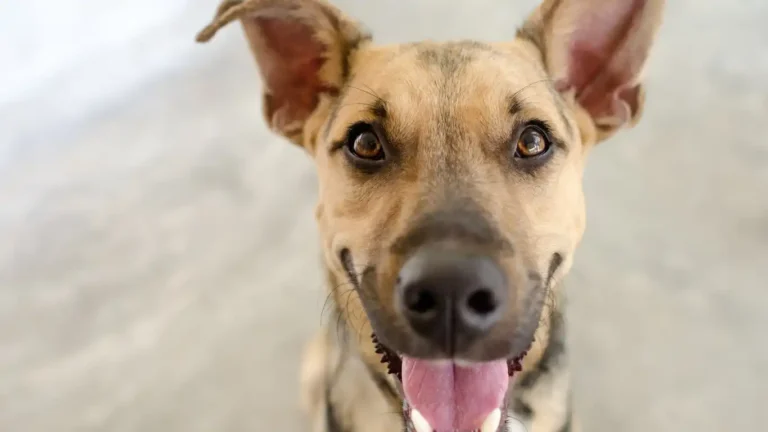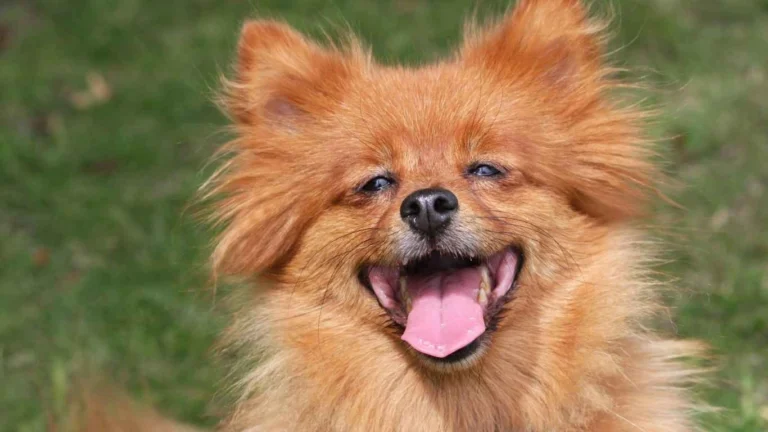Why Is My Dog Breathing Loud While Sleeping? Essential Causes Explained
If you’ve ever found yourself lying awake, listening to your dog’s noisy breathing while they snooze peacefully, you might have wondered, “Why is my dog breathing loud while sleeping?” As a Veterinary Assistant with a nutrition focus, I’ve spent countless hours observing pups in their most vulnerable moments — their sleepy, relaxed states. Loud breathing in dogs during sleep can be perfectly normal or sometimes a sign of something that needs attention. From my experience, it’s a topic that often worries pet parents but is also surprisingly misunderstood.
In this article, I’ll break down why your furry friend might sound like they’re having a noisy nap, what’s harmless, and when you might want to check in with your vet. It’s all about understanding the rhythms of your dog’s breathing so you can keep them happy, healthy, and well-rested.
Understanding Loud Breathing in Dogs While Sleeping
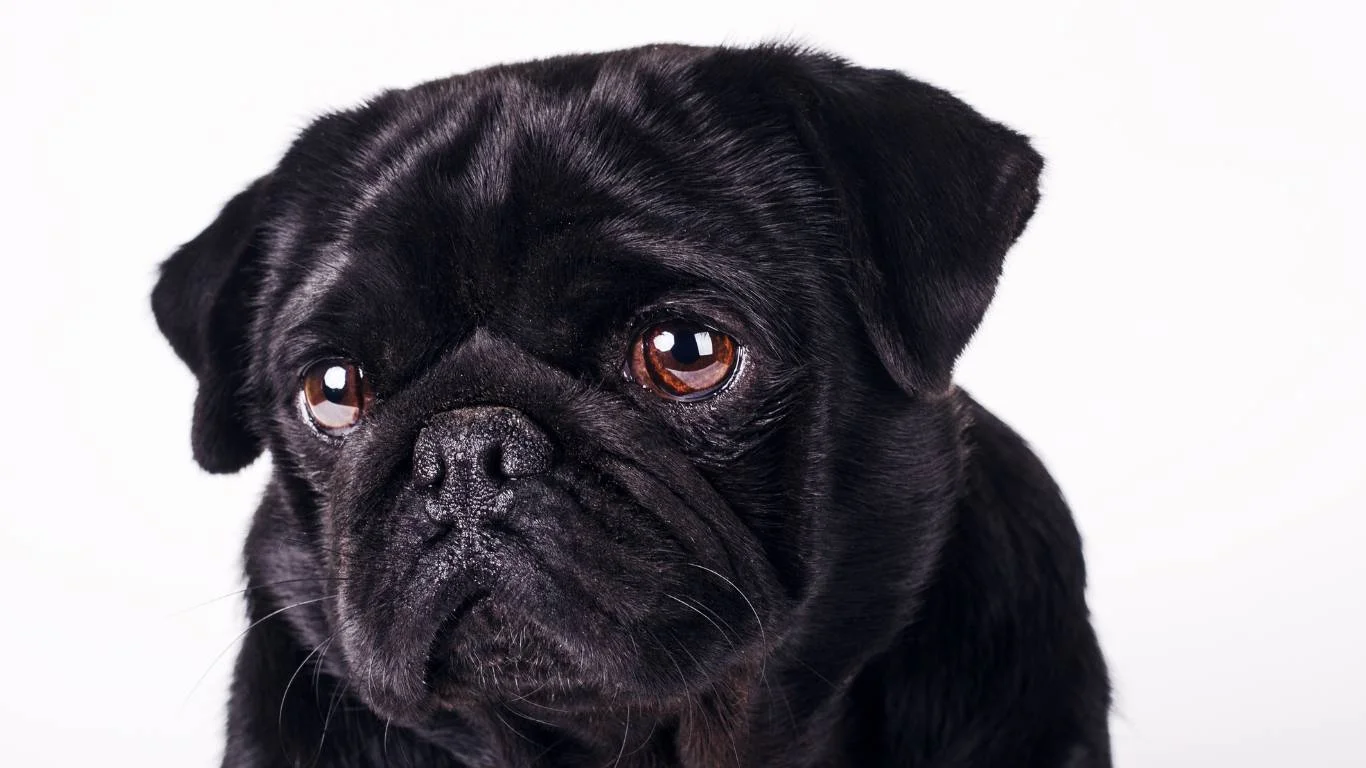
What Causes Loud Breathing During Sleep?
First off, loud breathing in dogs while they’re asleep can come from a variety of causes. From my hands-on experience, it often boils down to simple anatomy and natural breathing patterns. Some dogs, especially those with shorter noses like pugs or bulldogs, naturally breathe louder because of their brachycephalic facial structure. Their airways are a bit compressed, which can cause wheezing, snorting, or noisy inhalations while they rest.
But loud breathing isn’t just about breed. Even dogs with longer noses can sometimes breathe noisily due to:
- Relaxed throat muscles: When dogs fall into a deep sleep, their muscles relax — including those around the throat. This can narrow the airway just enough to cause louder breaths.
- Sleeping position: Believe it or not, the way your dog lies down can influence how loud their breathing is. For example, if they’re lying flat on their back, gravity can cause their tongue or soft palate to partially block the airway.
- Weight and fitness: Overweight dogs often have extra tissue around the neck and throat that can vibrate during sleep, creating those familiar snorts and snores.
When Is Loud Breathing Just Normal Doggy Snoring?
Not every noisy breath is cause for alarm. In fact, many dogs simply snore a bit, much like some humans do. I’ve seen countless cases where the dog’s breathing sounds loud, but they’re otherwise healthy and active during the day. This type of breathing tends to be:
- Consistent: The loud breathing happens only during sleep and goes away once your dog wakes up.
- Non-distressing: Your dog doesn’t show any signs of discomfort, coughing, or struggling for air.
- Breed-related: As mentioned, certain breeds are predisposed to louder breathing due to their anatomy.
In my time assisting vets and observing dogs with sleep breathing, I always remind owners to keep an eye on any changes. If the loud breathing becomes irregular, is accompanied by coughing, or your dog seems restless or anxious during sleep, that’s when a check-up is a good idea.
Common Causes Behind Loud Breathing in Sleeping Dogs
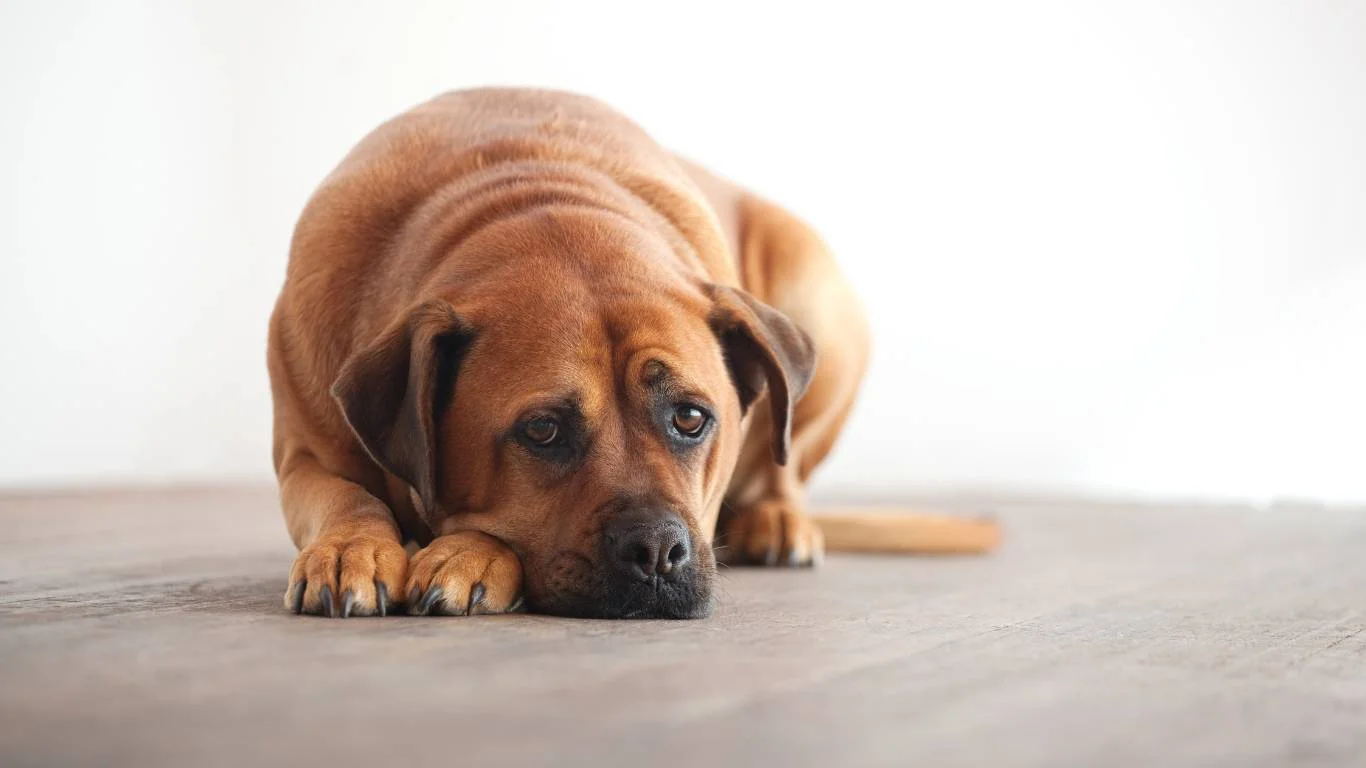
Allergies and Nasal Irritation
Allergies are a sneaky culprit when it comes to noisy breathing. I’ve encountered many dogs whose loud sleep breathing was tied to mild nasal congestion or irritation caused by allergens like pollen, dust, or even certain foods. These irritants can inflame the nasal passages, causing your pup to breathe heavier or noisier than usual during sleep.
Obesity and Its Role in Breathing Noise
Extra weight doesn’t just affect a dog’s energy levels — it can literally weigh down their airway. From what I’ve seen, overweight dogs often experience more frequent and louder snoring episodes. The fatty deposits around their throat can press on their airway, making breathing more laborious during sleep. Helping your dog maintain a healthy weight through proper nutrition and exercise can make a huge difference.
Respiratory Infections or Health Issues
While it’s less common, sometimes loud breathing can signal a health issue like a respiratory infection, bronchitis, or even something blocking the airway. If your dog’s loud breathing is new, worsening, or comes with other symptoms such as coughing, lethargy, or nasal discharge, it’s important to get a vet involved quickly.
How to Tell If Your Dog’s Loud Breathing Needs Veterinary Attention
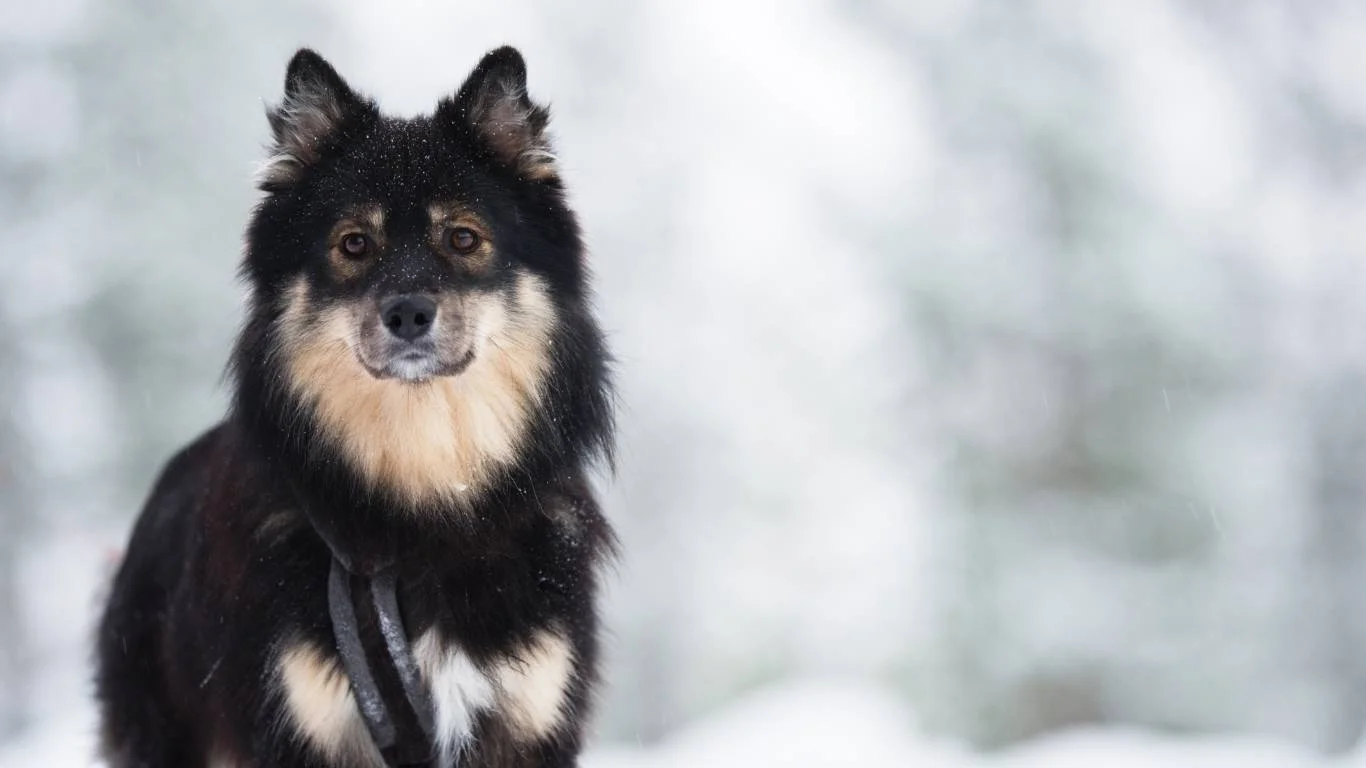
Signs That Loud Breathing Is More Than Just Snoring
From my experience working alongside veterinarians, it’s really about watching the whole picture. Loud breathing by itself isn’t always a red flag, but when it’s paired with other symptoms, that’s when you should be more cautious. Here’s what I advise pet parents to look out for:
- Changes in breathing pattern: If your dog starts gasping, choking, or has pauses in their breath while sleeping, it’s time to act.
- Excessive coughing or gagging: Persistent coughing, especially if it occurs during the day, can indicate irritation or infection.
- Restlessness or waking frequently: Dogs who toss and turn or seem uncomfortable when sleeping might be struggling to breathe properly.
- Blue or pale gums: This can be a sign of low oxygen levels and needs urgent vet attention.
- Sudden onset or worsening of loud breathing: If your dog was a quiet sleeper and suddenly starts breathing loudly, it’s worth getting checked out.
These signs can hint at underlying issues like obstructed airways, infections, or even heart and lung conditions. Personally, I remember one patient — a golden retriever — whose owner noticed a sudden increase in loud breathing at night. Turns out, he had an upper respiratory infection that needed treatment, and once treated, his breathing returned to normal.
Nutrition’s Role in Supporting Healthy Breathing
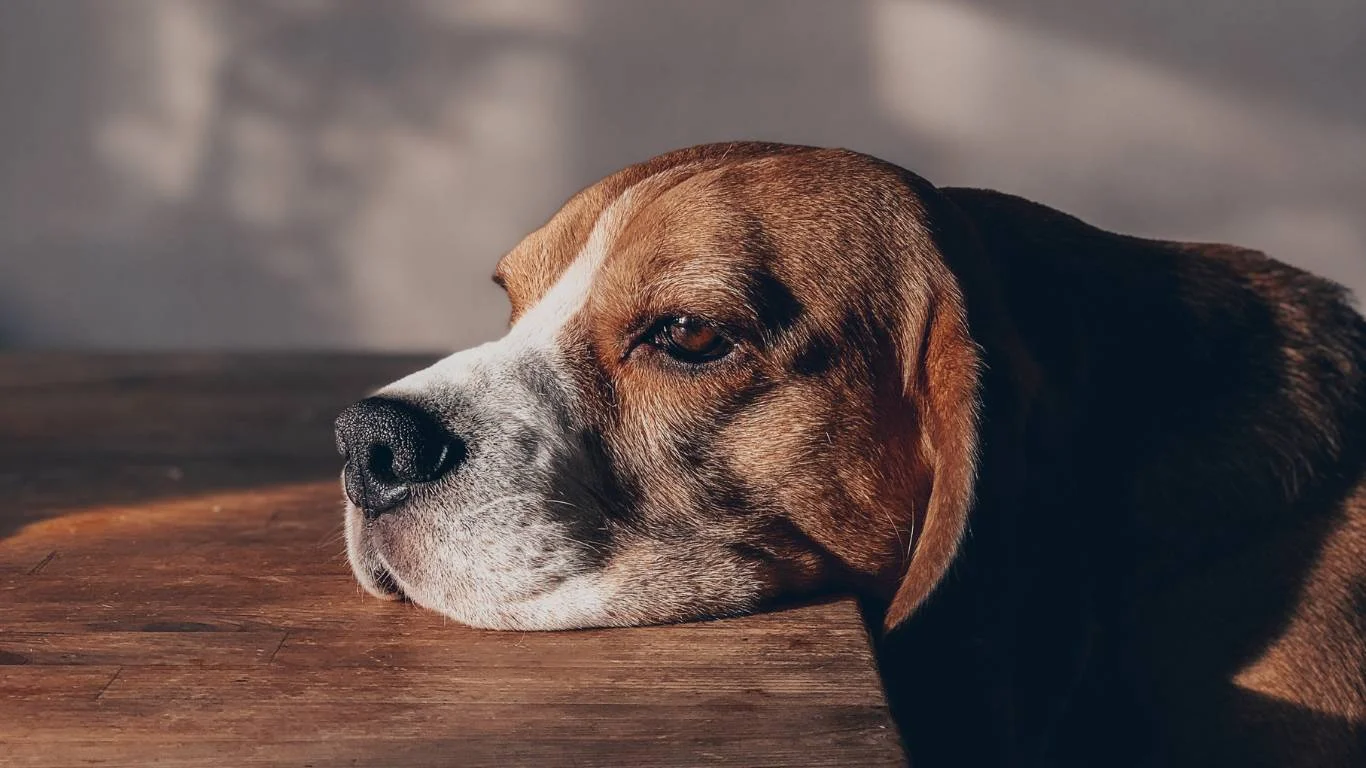
How Diet Can Influence Your Dog’s Sleep and Breathing
One thing I’ve seen time and again is the power of nutrition when it comes to your dog’s overall health — including their breathing. Excess weight can worsen noisy breathing, but diet plays a role beyond just managing pounds. Inflammation, allergies, and even energy levels all tie back to what your dog eats.
Feeding a balanced, high-quality diet supports healthy tissues and immune function, which can reduce airway irritation. Here are a few nutrition tips that I often share with dog owners concerned about loud breathing:
- Maintain an ideal weight: As mentioned earlier, carrying extra weight can squeeze the airway. Aim for a balanced diet with controlled portions to keep your dog trim.
- Incorporate anti-inflammatory foods: Ingredients like fish oil (rich in omega-3 fatty acids) help soothe inflammation and support respiratory health.
- Identify and avoid allergens: Some dogs have food sensitivities that contribute to nasal congestion or skin issues, which can indirectly affect breathing.
- Provide hydration: Proper hydration keeps mucus thin and airways clear, especially important for dogs prone to respiratory irritation.
In my role, I’ve often recommended owners work closely with their vet or a veterinary nutritionist to tailor diets that can help ease symptoms. Small changes can make a huge difference, especially when combined with other healthy lifestyle habits.
Practical Tips to Help Your Dog Breathe Easier at Night
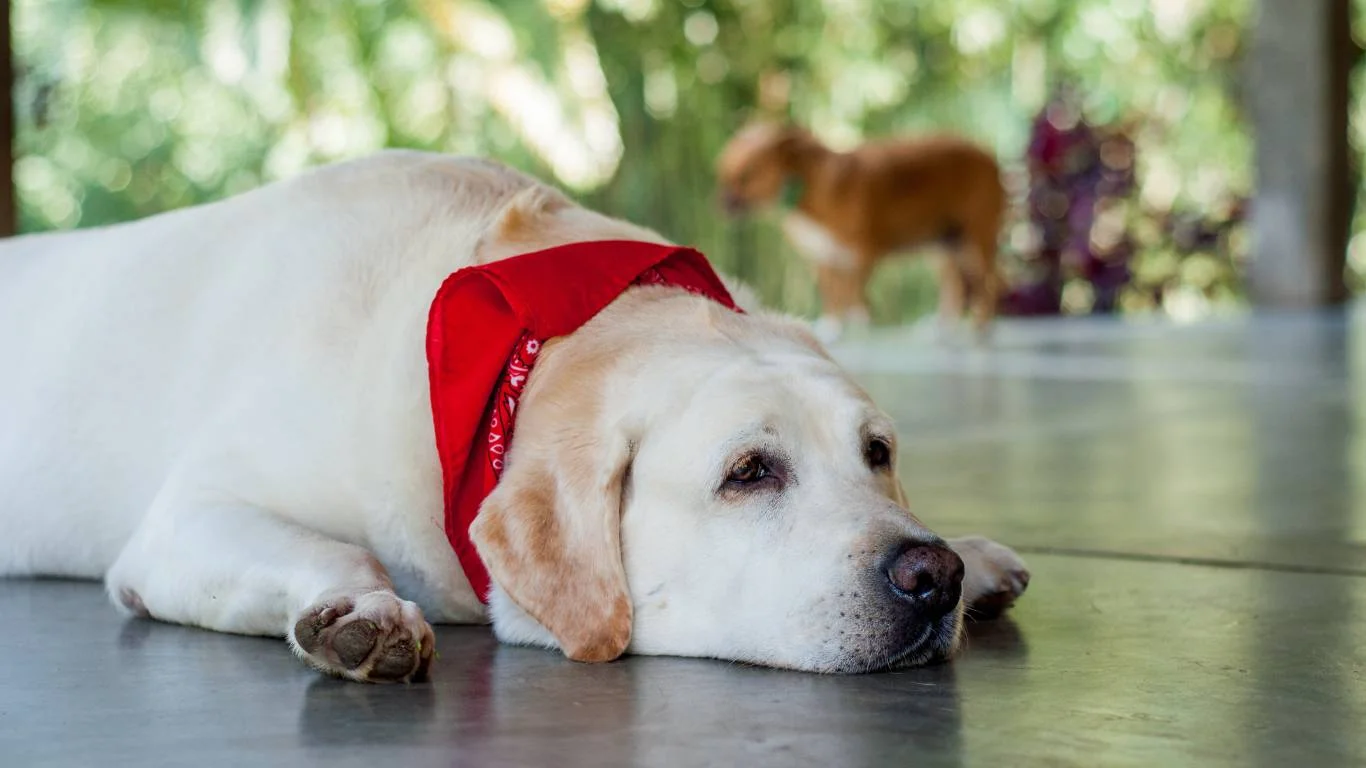
Creating the Perfect Sleep Environment
From setting up a cozy, safe space to simple daily habits, there are lots of ways you can help reduce your dog’s loud breathing while they sleep. Here are some practical tips I’ve picked up through years of working in the veterinary field and from caring for my own dogs:
- Choose the right sleeping position: Encouraging your dog to sleep on their side rather than their back can prevent airway blockage. Sometimes a gentle nudge or rearranging their bed helps.
- Keep the air clean and humidified: Dry air can irritate nasal passages. Using a humidifier, especially in dry climates or winter months, can ease breathing.
- Regular exercise: Active dogs generally maintain better muscle tone, including the muscles that support their airways.
- Elevate their head: Using a dog bed with a slight incline or propping up their bed can sometimes help reduce snoring and loud breathing.
- Manage allergens: Regular cleaning of bedding and the sleeping area can minimize dust and pollen buildup, reducing nasal irritation.
One time, I worked with a dog whose loud nighttime breathing was reduced significantly simply by swapping a flat, hard bed for a cushioned orthopedic mattress with slight elevation. It’s amazing how small adjustments can bring comfort and quiet nights for both pups and their humans!
When to Schedule a Veterinary Check-Up
Even with all the tips and tricks, it’s important to stay on top of your dog’s health by consulting with your vet regularly. If you notice persistent or worsening loud breathing, or any signs of distress mentioned earlier, don’t hesitate to make that appointment. Early diagnosis can often prevent complications and give your dog a better quality of life.
Veterinarians have a range of diagnostic tools—from physical exams to imaging and sometimes even sleep studies—to pinpoint the exact cause of noisy breathing. Treatments vary from simple weight management plans to medications or surgical options for more complex cases. The key takeaway? Your attentive observation and proactive care truly matter.
Long-Term Care and Monitoring for Dogs with Loud Breathing

Keeping Track of Your Dog’s Breathing Over Time
When it comes to loud breathing in dogs during sleep, ongoing observation is key. In my years assisting veterinarians and working with pet owners, I’ve learned that some issues develop gradually and subtle changes can easily be missed if you’re not paying close attention. Here’s what I recommend for long-term care:
- Keep a breathing diary: Jot down when the loud breathing occurs, how long it lasts, and any changes in intensity or frequency. This helps your vet see patterns over time.
- Note other symptoms: Record any coughing, sneezing, fatigue, or behavioral changes that might relate to respiratory health.
- Regular weight checks: Maintaining a healthy weight can reduce airway pressure and improve breathing, so it’s smart to track your dog’s weight routinely.
- Schedule routine vet visits: Even if your dog seems fine during the day, regular check-ups can catch early signs of airway problems or other underlying health concerns.
Personally, I’ve worked with dogs who initially had just a little noisy breathing at night, which over months progressed to more significant airway issues. Early vet intervention helped these dogs avoid surgery or complicated treatments later on. It’s all about being proactive and informed.
Managing Chronic Conditions That Affect Breathing
Some dogs may have chronic respiratory conditions such as brachycephalic obstructive airway syndrome (BOAS) or allergies that require ongoing care. In these cases, managing the problem with your vet’s guidance is essential. From my firsthand experience, treatment plans might include:
- Medications: Anti-inflammatories, antihistamines, or bronchodilators can ease symptoms.
- Weight management: Critical for dogs with extra tissue pressing on airways.
- Environmental adjustments: Reducing allergens, maintaining humidity, and avoiding smoke or irritants.
- Possible surgery: For some brachycephalic breeds, surgical correction of the soft palate or nostrils can greatly improve breathing and quality of life.
Helping a dog manage these conditions is a team effort between the pet parent and the veterinary team. I’ve seen how proper care can turn a noisy, restless sleeper into a calm and content companion.
Final Thoughts on Why Is My Dog Breathing Loud While Sleeping?
Understanding the reasons behind your dog’s loud breathing during sleep is more than just satisfying curiosity—it’s a vital part of caring for your furry friend’s health and comfort. From simple breed-related snoring to signs of more serious health concerns, paying attention to your dog’s nighttime breathing can help you catch issues early and improve their quality of life.
My takeaway from years in the veterinary field is that there’s no one-size-fits-all answer, but being observant, proactive, and working closely with your veterinarian will give your dog the best chance at peaceful, quiet nights.
If you ever feel uncertain about your dog’s breathing or health, trust your instincts and reach out to a professional. After all, they can’t tell us when something feels off — it’s up to us to be their voice.
References
- American Veterinary Medical Association
- American Animal Hospital Association
- World Small Animal Veterinary Association
- Veterinary Information Network
Disclaimer
This article is intended for informational purposes only and does not replace professional veterinary advice, diagnosis, or treatment. If your dog is experiencing persistent loud breathing or other health concerns, please consult your veterinarian promptly.
